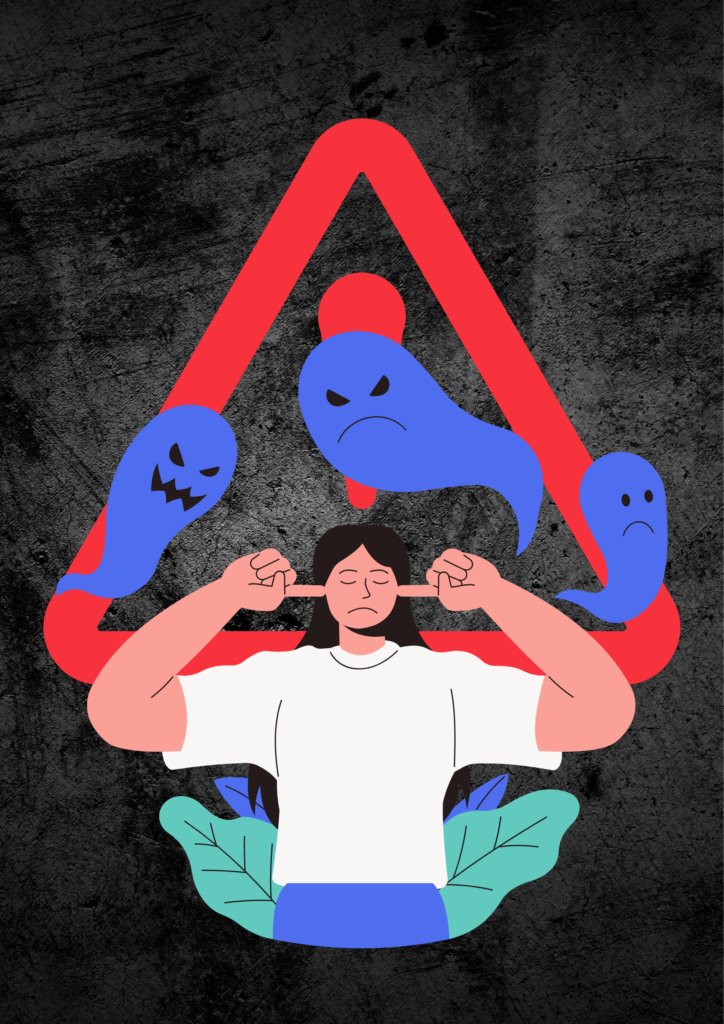The Corrosive Impact of False Beliefs on Young Minds

The Idealized Bond Obscured by Misinformation
The relationship between grandparents and grandchildren is often idealized as a nurturing bond, rich in wisdom and love. However, this rosy picture can be obscured by the shadow of misinformation. When elders, revered as fountains of knowledge, impart false beliefs to their young charges, the consequences can be far-reaching and detrimental.
Susceptibility and the Insidious Transmission
Children, with their open hearts and minds, are particularly susceptible to the influence of their elders. These figures are often seen as infallible, their words accepted as gospel truth. Unfortunately, this unquestioning trust can lead to the insidious transmission of harmful stereotypes, prejudices, and unfounded fears. When children internalize these falsehoods, the results can be devastating.
Warped Perceptions and Stifled Growth
Such misconceptions can warp a child’s perception of the world, fostering intolerance and discrimination. For instance, if a child is taught to view certain groups as inferior, it can cultivate a deep-seated prejudice that may persist into adulthood. Moreover, the ability to think critically is essential for intellectual growth. Yet, when children are inundated with misinformation, their capacity to question and analyze is hindered. This can stifle curiosity and impede their pursuit of knowledge.
Emotional Scars and the Need for Vigilance
The emotional well-being of children is equally at risk. False beliefs, especially those that induce fear or anxiety, can leave lasting psychological scars. Myths and superstitions, for example, can create a climate of terror, hindering a child’s sense of security and self-esteem.
It is crucial to emphasize that not all elders are purveyors of misinformation. Many offer invaluable guidance and love. However, the potential for harm necessitates a vigilant approach. By encouraging open dialogue and critical thinking, we can empower children to discern truth from falsehood. Education and awareness about the dangers of misinformation are also vital in safeguarding the innocence and potential of future generations.
Equipping Children to Navigate a Misinformation-Filled World
In conclusion, the transmission of false beliefs from elders to children is a complex issue with profound implications. It is imperative to create a society where children are equipped to navigate a world filled with misinformation, developing the resilience and critical thinking skills necessary to form their own informed opinions. Only then can we hope to mitigate the corrosive impact of false beliefs on young minds. ░




















